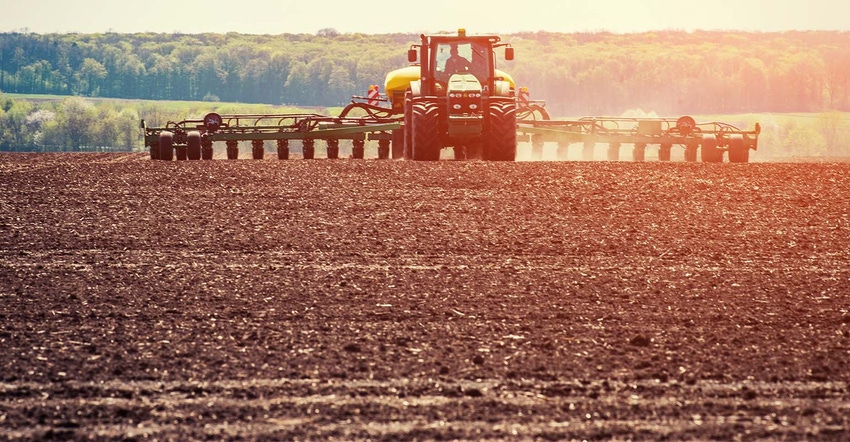
Spring is here, and farms are preparing for planting or may have already kicked some fieldwork into gear. The spring season can often come with quite a bit of logistical planning on the part of the leader. Those plans can consume our thoughts and time both before and during planting.
The operational work that must get done – and done promptly within the correct window during planting season -- is key. After all, production is at the core of what you do as a farmer. If you aren’t producing anything, there isn’t a need for any other aspect of a farm business.
There are other important areas, though, that wrap around production (what you do) to inform how you’re doing it and how you manage it. Together, it all makes up your farm business.
It’s all connected
This might be a new way to think about how your operation runs: Consider your farm operation as a system, with all the different areas of your farm interconnected.
Like any organization, your farm business is a working system. For that system to function at its best, all the parts and processes within it must be running properly.
The system is down
Think about a piece of machinery in your operation – a tractor, for example. Within a single tractor, there are several different systems at work – the drive train, the engine, the steering mechanisms, the computer systems and user interface used to operate the tractor – and so forth.
When one of those systems or processes breaks down or starts to deteriorate in some way, it might not be obvious at first. But eventually if things continue to wear down, the entire tractor may be stopped in its tracks – broken down in the field – because one of the major components needs to be serviced.
Preventing downtime
The same thing can happen in our farm business overall. There are many “hats” a farm leader must wear – producer, employee manager, agronomist, marketing and merchandising planner, operations manager, bookkeeper, financial manager, risk manager, relationship manager – the list goes on and on!
If we prefer to work within certain areas of our farm business, some of the other components and systems might start to “break down” over time from lack of attention, processes or planning. Gradually, this can start to impact the whole “system” of our farm operation in negative ways – even stopping the business in its tracks.
For example, if a farm doesn’t have clear processes in place for creating marketing plans that flow into logistical plans for the operation, it can start to be a serious problem – in terms of grain storage and how the farm is doing regarding cash flow and capturing price. Ultimately, this can lead to financial trouble and breakdown.
Are there certain areas of your operation you’re more drawn to than others? In what areas do you still need to intentionally put processes in place to manage work and plans? You can talk with an advisor for the farm about how to diagnose these areas and for help with putting plans and processes in place within your farm’s system.
The opinions of the author are not necessarily those of Farm Futures or Farm Progress.
About the Author(s)
You May Also Like






